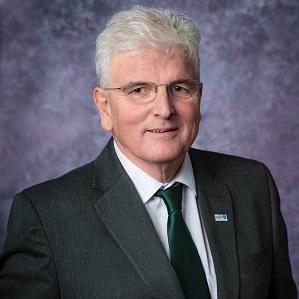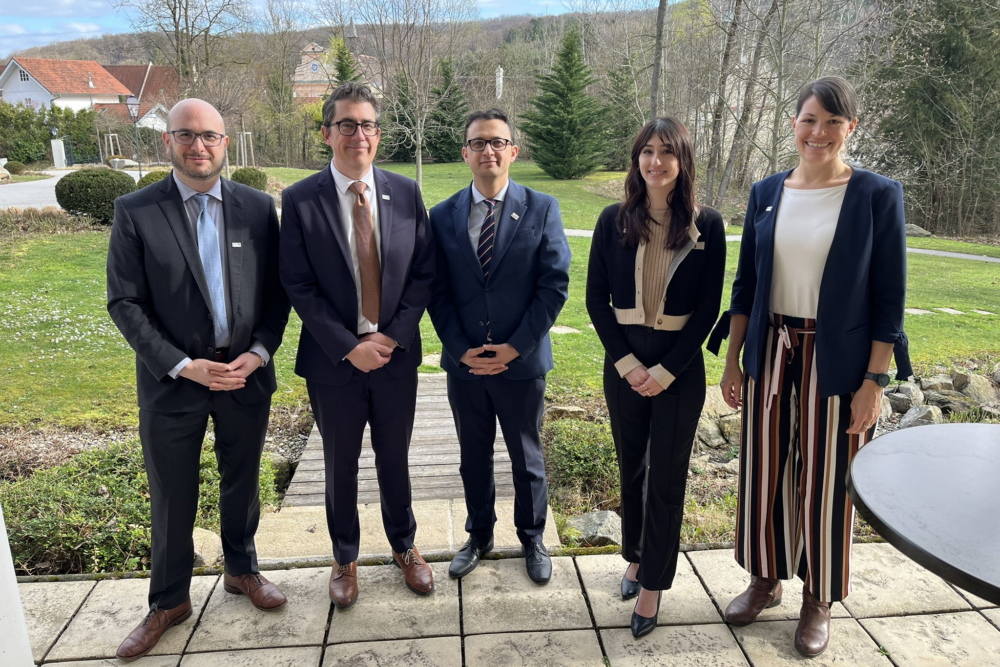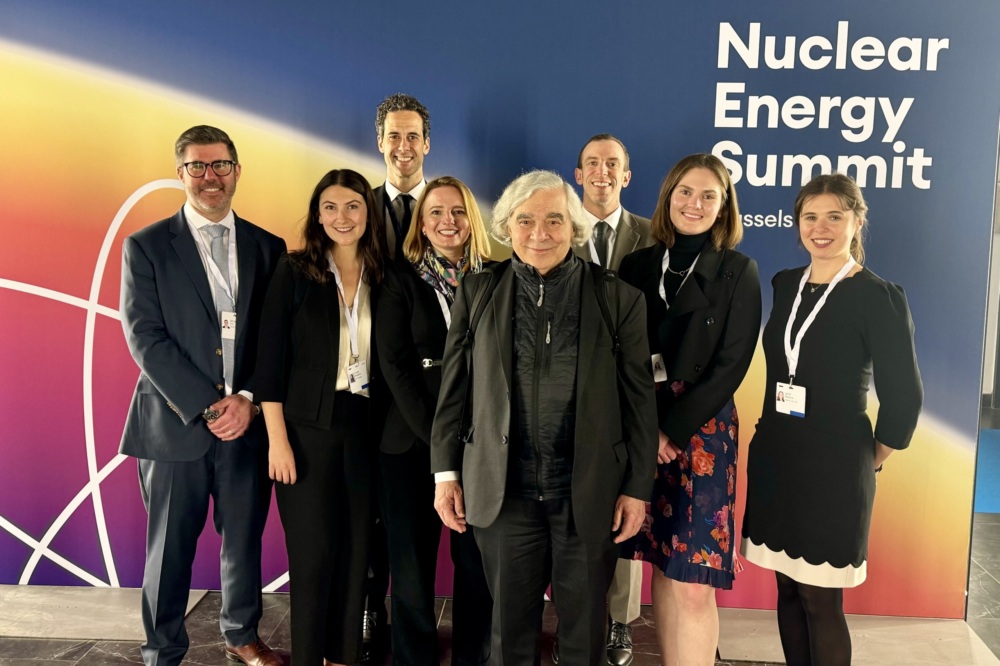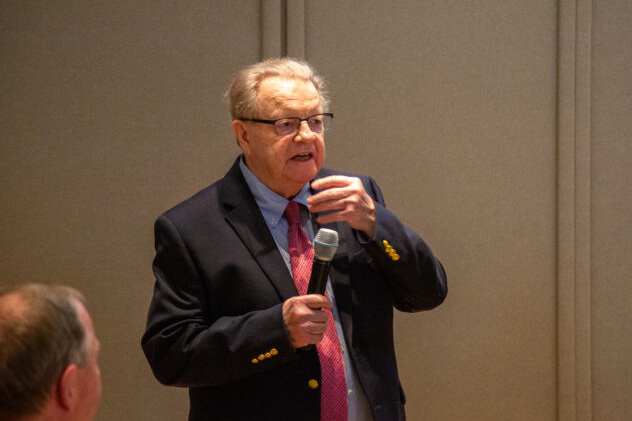
Des Browne
Vice Chair, NTI
A new op-ed by five former European defense ministers and high-ranking military officials highlights the vast quantity of weapons-usable materials in military programs worldwide and not subject to international oversight.
"Today, nearly 2,000 metric tons of plutonium and highly enriched uranium are stored in hundreds of facilities in 25 countries, much of it poorly secured," they write. "Despite this risk, astonishingly, there is no effective international system for how these materials should be secured."
Of that 2,000 metric tons of material, 85 percent is within the military or non-civilian sectior and not subject to the limited guidelines that do exist.
"Many assume that military materials must be held to a higher security standard than civil nuclear materials," they write. "Our real world experience suggests the contrary—as does the record of recent incidents."
The op-ed is written by Paul Quilès, former French Minister of Defence, NTI board member Sir Malcolm Rifkind MP, former UK Foreign & Defence Secretary, NTI Vice Chairman Des Browne, former UK Defence Secretary, Bernard Norlain, former Air Defense Commander and Air Combat Commander of the French Air Force, and Hervé Morin, former French Minister of Defence.
They urge worlds leaders at the 2014 Nuclear Security Summit to build an effective nuclear security system that covers ALL materials, including those under military control.
Sign up for our newsletter to get the latest on nuclear and biological threats.
During the 17th meeting of the Global Dialogue, participants developed plans to ensure successful outcomes at ICONS and leverage that momentum to reinvigorate nuclear security internationally.
NTI advanced key principles from a recent report that outlines pathways for the responsible, sustainable, and effective development of new nuclear projects and industries in embarking countries.
Organization founded by NTI works to strengthen the physical protection and security of nuclear and radioactive materials and facilities worldwide.



